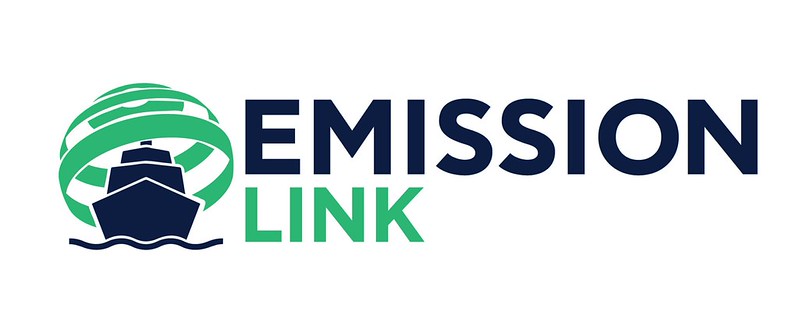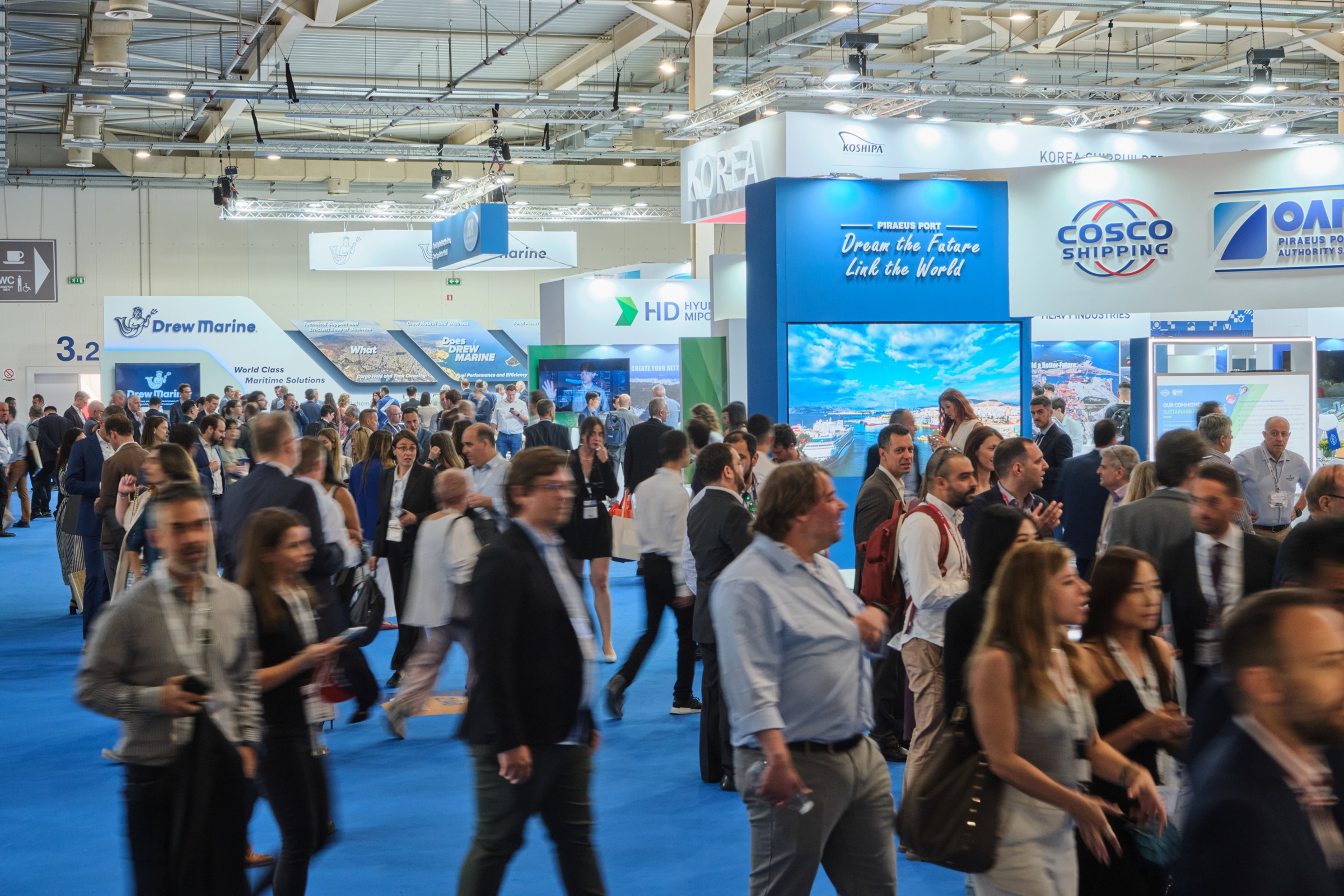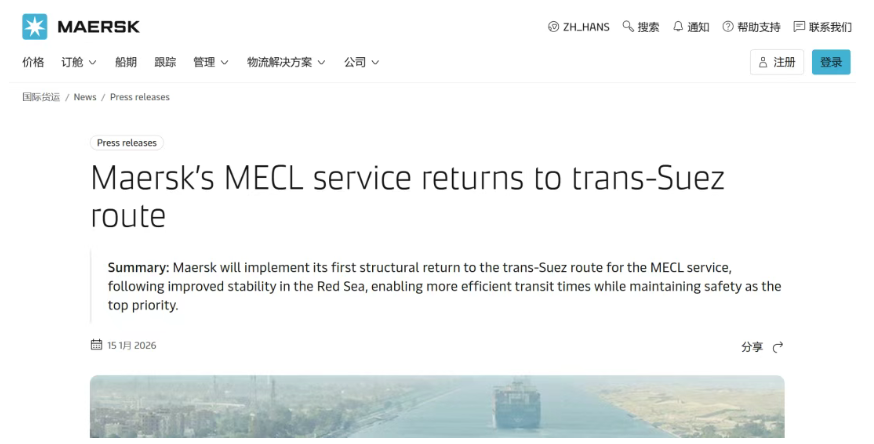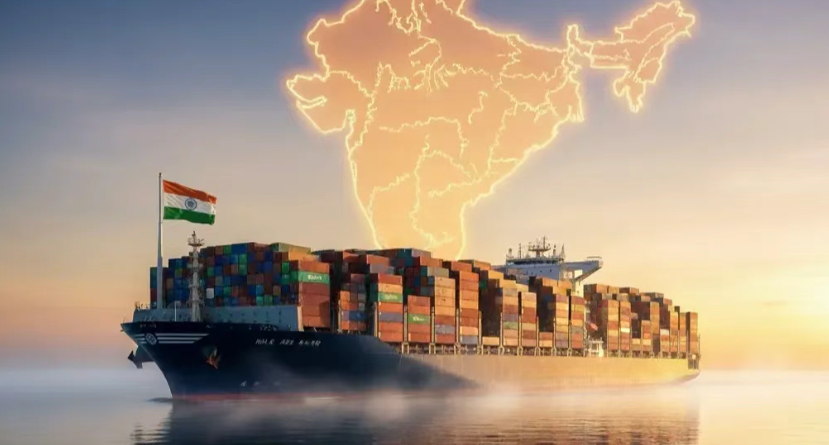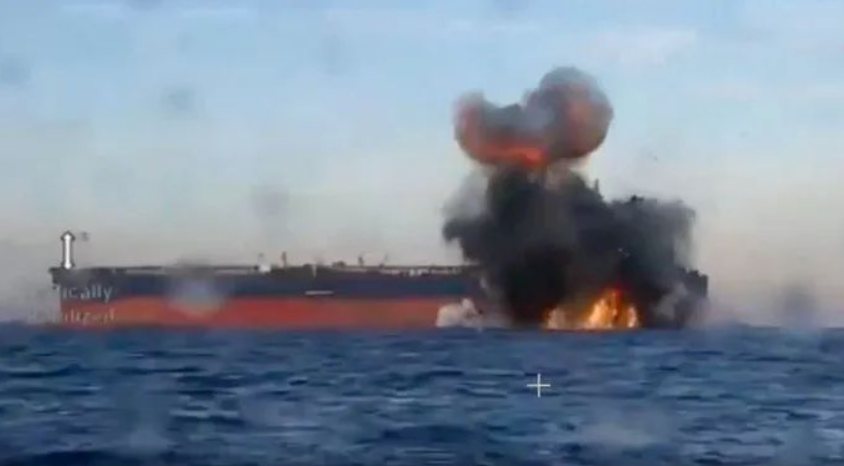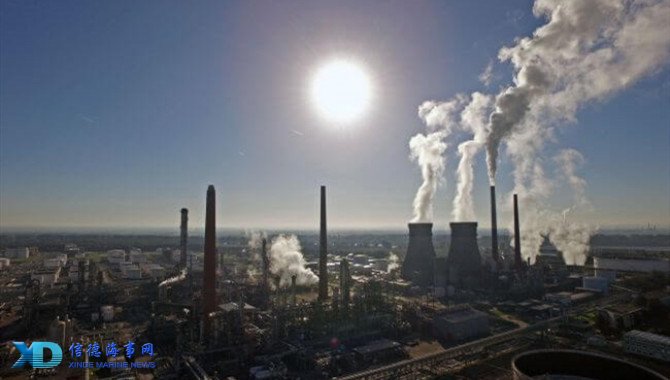
Royal Dutch Shell has struck a deal with Dutch tank terminal firm HES International to partially restart a German oil refinery mothballed since 2011 in response to new restrictions on marine fuels, two trading sources told Reuters.
A new cap set by the International Maritime Organization (IMO) that will cut the sulfur content in shipping fuel to 0.5 percent from 3.5 percent from next year is set to be one of the biggest fundamental events to hit oil markets in years.
HES Wilhelmshaven Tank Terminal is in the process of reinstalling the vacuum distillation unit (VDU) at Wilhelmshaven to produce low-sulfur bunker fuels ahead of the implementation of the IMO rules, a spokeswoman for the company said.
HES said it had "reached a tolling agreement with a customer," but declined to comment on the parties involved.
However, two trading sources with knowledge of the matter told Reuters the customer in question is Shell. Shell declined to comment.
The agreement is akin to a processing deal, whereby Shell brings in the feedstock and handles the end product, one of the sources said.
HES bought the 260,000 barrel per day (bpd) refinery from ConocoPhillips in 2011 and converted it into a large-scale tank terminal facility with capacity of 1.3 million cubic meters.
The plant's refining capacity was shuttered at a time when several European refineries were finding it uncompetitive to remain operational, as newer, more complex mega-refineries emerged in other regions like the Middle East and Asia.
But as the new IMO rules dictate a massive shift in oil product slates from higher to low sulfur, the economics are shifting and oil companies and traders are resorting to creative ideas to meet the new demand.
The IMO sulfur restrictions will lead high-sulfur fuel oil demand to fall 60 percent to 1.4 million bpd next year, while marine gasoil demand will more than double to 2 million bpd, the International Energy Agency forecast this week.
Vacuum distillation is an integral part of the refining process. VDUs typically run on residual fuel produced from distilling crude to produce vacuum gasoil which is then used to feed upgrading units that make gasoline and diesel.
However, the Wilhelmshaven VDU will not be running on residual fuel, HES said.
One of the sources said the plan is to process heavy, low-sulfur crudes like Brazilian grades to produce a range of products, including maximum 0.5 percent sulfur fuel oil or distillate marine fuels.
HES is 70 percent owned by private investment firm Riverstone, with the remaining 30 percent held by the Carlyle Group.
Infrastructure funds managed by banks Macquarie and Goldman Sachs agreed in principle last year to buy the company.


